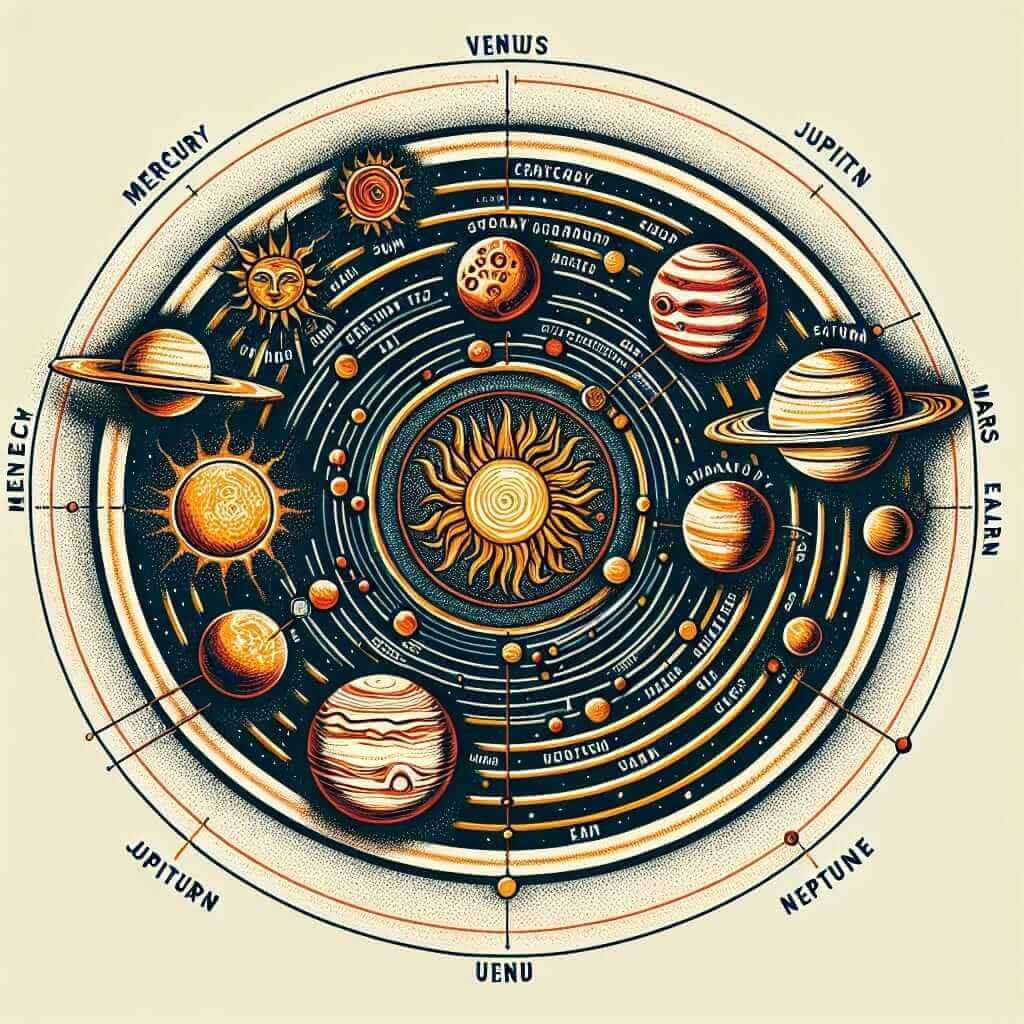As an IELTS instructor with over 20 years of experience, I’ve encountered numerous students who wonder about the relevance of their celestial knowledge to the IELTS exam. Believe it or not, topics like stars and planets can emerge in your Speaking test, particularly in Part 1 or as unexpected detours in Part 2. While you don’t need to be an astrophysicist, demonstrating a general awareness of the cosmos can positively impact your fluency, vocabulary, and even your ability to handle unexpected questions.
The Significance of “Stars and Planets” in IELTS Speaking
The IELTS Speaking test assesses your ability to communicate effectively in English. While “stars and planets” might seem like a niche topic, it allows examiners to evaluate several key skills:
- Vocabulary Range: Discussing astronomy requires utilizing specific terminology like “constellations,” “solar system,” “galaxies,” etc. Showcasing this specialized vocabulary can highlight your lexical resource.
- Fluency and Coherence: Answering a question about stars and planets requires you to organize your thoughts and articulate them in a structured manner. This demonstrates your ability to speak fluently and connect ideas logically.
- Adaptability: The beauty of the IELTS Speaking test lies in its unpredictability. Being prepared to discuss a topic like astronomy showcases your adaptability and ability to think on your feet.
Mastering the Cosmos: Tips for Handling Astronomy-Related Questions
Here’s how you can navigate celestial discussions effectively:
1. Develop a Basic Understanding
You don’t need to be a walking encyclopedia, but familiarize yourself with:
- The Solar System: Names of planets, the sun, the moon.
- Basic Concepts: What is a star? What is a planet? What is a galaxy?
- Famous Constellations: Ursa Major (The Great Bear), Orion, etc.
- Current Events: Any recent astronomical discoveries or news.

2. Leverage Your Existing Knowledge
Connect astronomy to familiar themes:
- History and Mythology: Discuss how ancient civilizations viewed the stars (e.g., Greek mythology and constellations).
- Literature and Film: Reference popular science fiction works to illustrate your points (e.g., Star Wars, Interstellar).
- Personal Experiences: Talk about stargazing experiences, visiting planetariums, or your fascination with space documentaries.
3. Example IELTS Speaking Questions and Answers:
-
Examiner: “Do you know much about the stars and planets?”
- You: “I wouldn’t say I’m an expert, but I do find astronomy fascinating. I enjoy watching documentaries about space exploration and trying to identify constellations when the sky is clear.”
-
Examiner: “Have you ever studied astronomy in school?”
- You: “We briefly covered the solar system in science class, but I’ve learned much more from reading books and watching documentaries. I’m particularly interested in the search for extraterrestrial life.”
4. Practice Makes Perfect:
Engage in mock Speaking tests with a friend or tutor. The more you practice, the more confident you’ll become in discussing even unexpected topics.
Conclusion
Remember, the IELTS Speaking test is about demonstrating your overall communication skills. While “do you know much about the stars and planets” might seem like an unusual question, it presents a unique opportunity to showcase your vocabulary, fluency, and ability to handle surprises. Approach the topic with enthusiasm, utilize your existing knowledge, and don’t be afraid to think creatively!